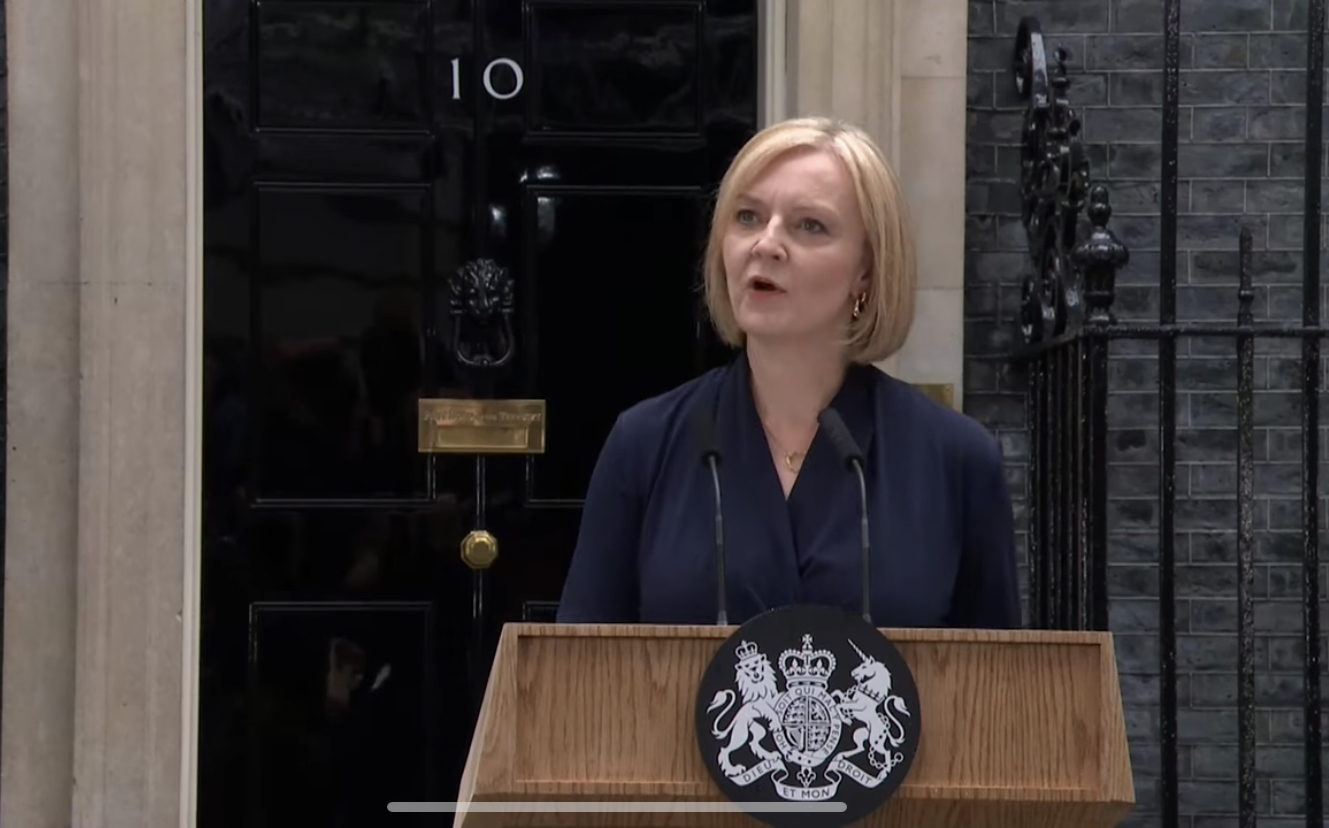Conservative politician Liz Truss has recently been elected as our new Prime Minister (PM) in a heavily criticised, publicised, and tight vote against Rishi Sunak. However, all puns aside, Truss’ new gig as the UK’s PM is no joke.
With the winner being decided by a vote amongst Conservative party members, less than one per cent of the UK’s population is responsible for this decision.
Upon Boris Johnson’s resignation announcement, one which was triggered by senior cabinet members expressing their lack of confidence in Johnson’s abilities to run the country, many candidates jockeyed their way into the race for our new PM. With chaotic affairs having been repeatedly consistent since the outbreak of Covid-19, many topics were at the forefront of the Conservative leadership race. Yet, one issue remained undebated – higher education.
Truss, a former minister for Education and Childcare, has ironically pitched herself as the “education prime minister” by unveiling a six-point strategy “to get Britain’s education system back on track”.
Whilst beneficial to key stages 1 – 5, her approach considers no improvement to higher education and entirely disregards the petitions that thousands are concerned with. The only pledge that Ms Truss is currently making is that pupils achieving straight A*’s at A-Level will automatically be able to interview at Oxbridge.
Steve West, president of Universities UK, said he wished for the new PM to provide “long-term sustainable funding that delivers high-quality skills, education and research that supports growth in our economy”.
Furthermore, Lee Elliot Major, the University of Exeter’s professor of social mobility, has said that “the very top of the in tray for the new education secretary” would be helping “to manage the unfolding crisis of escalating costs and increasing hardship now affecting the lives of millions of children and young people”.
So, whilst our new PM takes on this new role, concerns arise about just where her priorities lie on higher education.
Truss’ first day in Parliament (September 6, 2022) saw the announcement of the PM’s new cabinet wherein Kit Malthouse will now serve as the Secretary of State for Education.

The 55-year-old MP for North West Hampshire has since stated that his new role was “the most important job in Whitehall”. But just what experience does Mr Malthouse have in the education department?
Having previously been a minister of state for housing and planning, shortly followed by his minister of policing role, Malthouse’s background may not be so well equipped to combat current higher education challenges.
It is expected that in the following few weeks, we will witness new plans within various cabinet committees, although it seems that higher education will remain on the back burner.
While Johnson’s government was thought to have been ready to implement a new bill, the leadership crisis has since caused an abrupt pause. Further significant delays could potentially complicate the introduction of any actionable higher education bills until the 2024-25 academic year.
Lead image: 10 Downing Street

